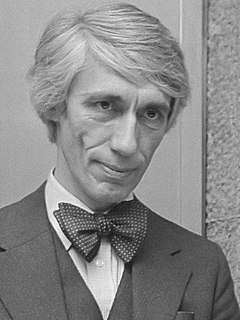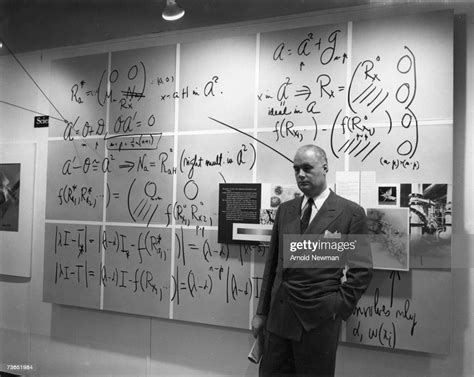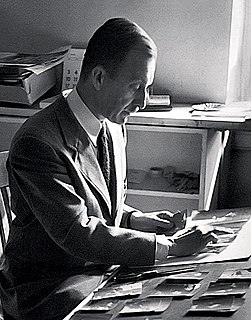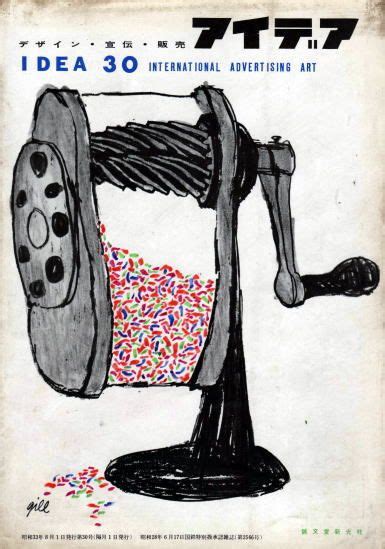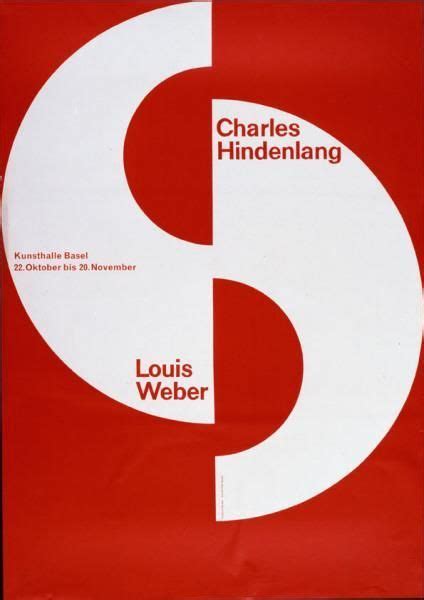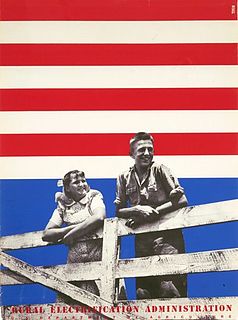A Quote by Wim Crouwel
Helvetica was a real step from the 19th century typeface... We were impressed by that because it was more neutral, and neutralism was a word that we loved. It should be neutral. It shouldn't have a meaning in itself. The meaning is in the content of the text and not in the typeface.
Related Quotes
Each typeface is a piece of history, like a chip in a mosaic that depicts the development of human communication. Each typeface is also a visual record of the person who created it - his skill as a designer, his philosophy as an artist, his feeling for... the details of each letter and the resulting impressions of an alphabet or a text line.
Certain kinds of typeface design and typographic design are designed to persuade: we can make this company look modern if we use a crisp sans serif typeface, or we can make this restaurant look like its been around forever if we use typefaces and layout styles that have been around forever too. But there are other categories, and ballot design is one of them, where the goal should be to be purely functional. There have been notable failures in this category.
So what is the difference between "power thinking" and "positive" thinking? The distinction is slight but profound. To me, people use positive thinking to pretend that everything is rosy, when they really believe that it's not. With power thinking, we understand that everything is neutral, that nothing has meaning except for the meaning we give it, and that we are going to make up a story and give something it's meaning.
It was an axiom of "containment" that no part of the known world could be considered neutral. "Neutralism" was among the Cold Warriors' gravest curse words, applied with caustic hostility to India and even France. Those who were not with were against, subjected to intense economic and ideological and sometimes military pressure to fall into line.
The meaning of a work is not what the author had in mind at some point, nor is it simply a property of the text or the experience of a reader. Meaning is an inescapable notion because it is not something simple or simply determined. It is simultaneously an experience of a subject and a property of a text. It is both what we understand and what in the text we try to understand.
